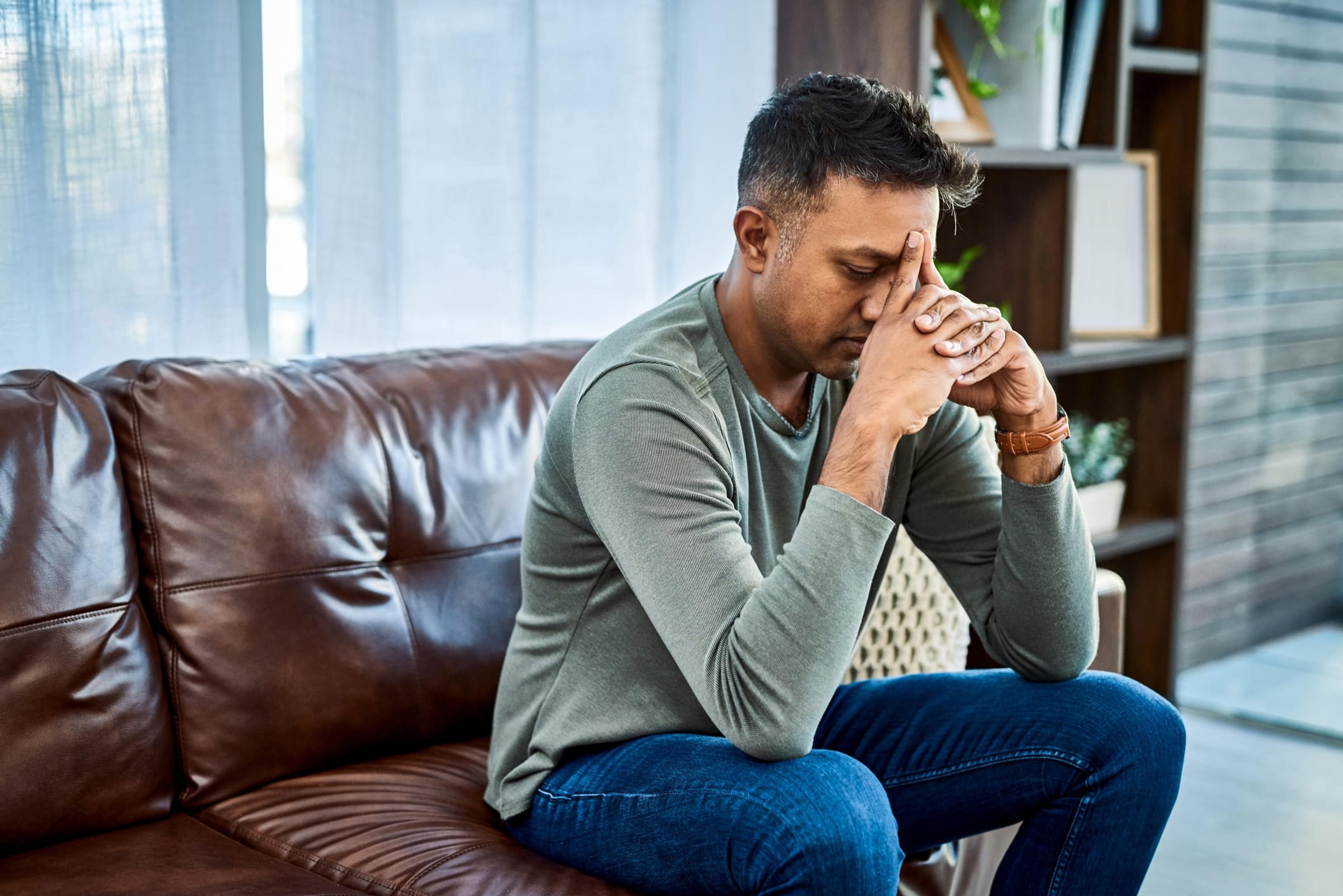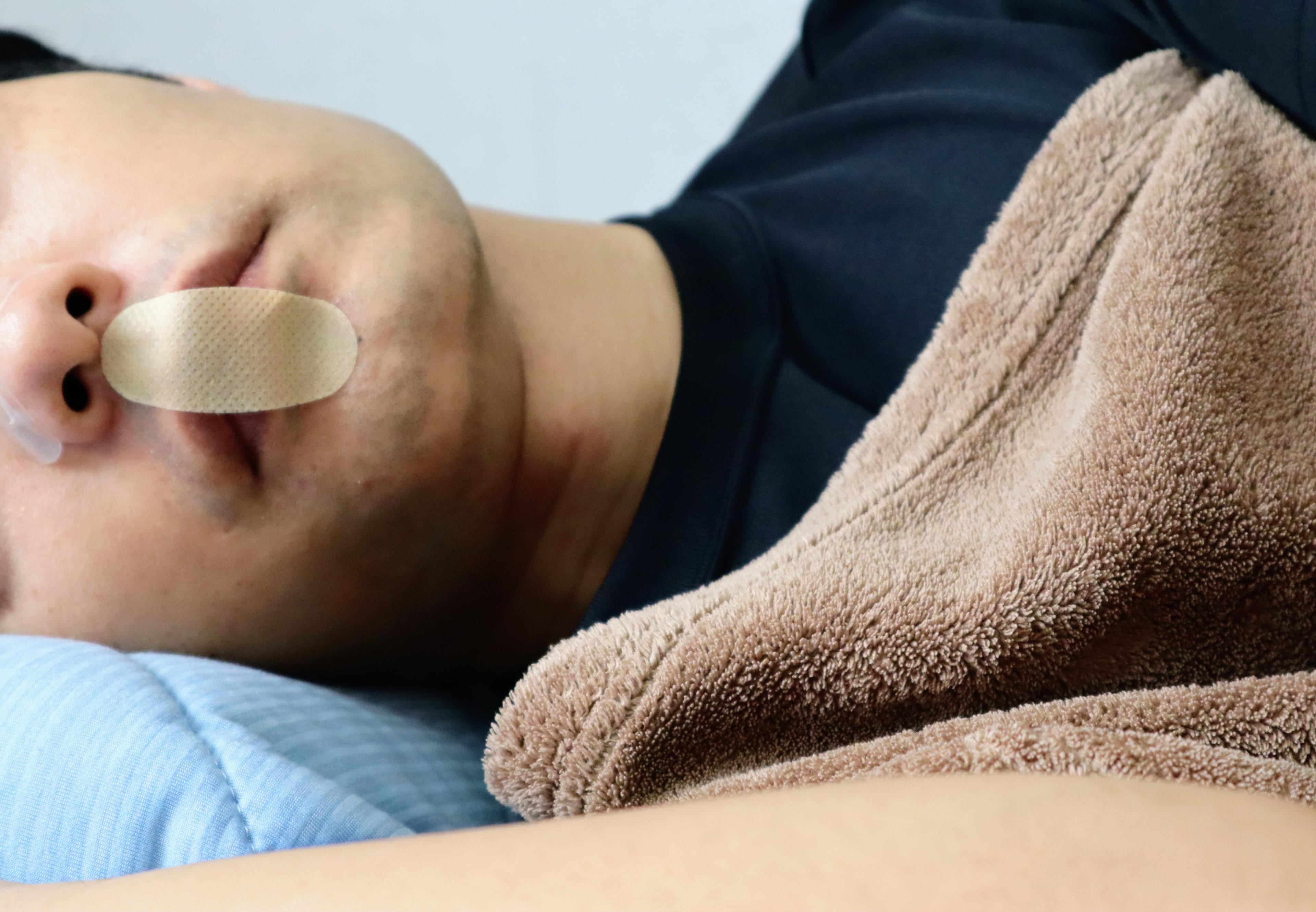Understanding the Dangers of Self-Diagnosing Your Mental Health
Jake Newby
| 4 min read

Many of us are influenced by what we see and read on the internet, especially when it comes to our health. If you’ve ever entered your symptoms into a search engine and become panic-stricken over the search results, you can relate. A more modern version of this scenario takes place every day on social media. A growing number of teens and young adults are self-diagnosing their own mental health disorders based on content created by social media influencers.
There are more than 200 types of mental illness, according to the U.S. Centers for Disease Control and Prevention (CDC). These illnesses span dozens of categories of disorders, meaning each specific diagnosis can vary widely from person to person. This makes a correct self-diagnosis extremely unlikely. Interpreting mental health information on social media – where influencers may use diagnostic terms in ways that do not line up with how the medical field defines them – can do much more harm than good.
The dangers of self-diagnosis
A social media influencer or internet personality can and does resonate with young people every day in the U.S. It’s a process that can lead young, impressionable social media users to self-diagnose themselves with mental health issues such as:
- Anxiety
- Attention deficit hyperactivity disorder (ADHD)
- Bipolar disorder
- Depression
- Obsessive-compulsive disorder (OCD)
A viewer concluding that they suffer from one of these disorders based on limited information – and possible misinformation, as these influencers are not medical professionals – is problematic for multiple reasons. The symptoms described may be normal and not worthy of a diagnosis at all. Or the symptoms might be related to a different mental health condition.
Self-treatment for a condition you were never properly diagnosed with can lead to self-medication. Using over the counter (OTC) medications to treat your perceived mental health condition can cause dangerous side effects. For example, internet misinformation about anxiety disorder treatment has led many to believe common OTC pain relievers like ibuprofen and acetaminophen can treat anxiety. While they may temporarily alleviate mild symptoms, they are not a realistic solution. All medications to treat anxiety require prescribed medication and/or some sort of therapy.
Here are other risks associated with self-diagnosing a mental health disorder:
- Many disorders have broad or overlapping symptoms, which could incur unnecessary stress when an individual thinks they have one illness, when really, they have another illness, or, no illness at all.
- Self-diagnosing without ever seeing a medical professional can lead to unhealthy coping strategies aside from OTC self-medication, like alcohol or recreational drug abuse.
- Self-diagnosing can also lead to the spreading of more misinformation. For example, if you believe you have ADHD, and you use a social media platform to discuss your experiences with a disorder you were never diagnosed with, while advising treatment and coping strategies, you then add to the spread of misinformation online.
- In some cases, self-diagnosis can lead to cyberchondria, which occurs when someone experiences extreme anxiety related to their health based on excessive online searches of signs and symptoms.
Benefits of online mental health research and dialogue
Discussing mental health on public forums can be cathartic for those feeling sad and hopeless. Mental health used to be a much more stigmatized topic than it is today, so it’s encouraging to know that we can connect with others enduring similarly tough times. Finding a sense of community can show you you’re not alone.
Compiling online research from credible websites to take to a medical health professional doesn’t hurt to use as baseline information during discussions and assessments.
The importance of receiving a mental health diagnosis from a medical professional
It’s critical to use caution when trying to apply mental health information found online to your own health profile. Always consult a medical professional or schedule an appointment with your primary care provider (PCP) if you are experiencing problems that interfere with your relationships or career, or hinder you from completing daily activities, so they can refer you to the proper behavioral health specialist.
It’s also important to note that a significant portion of the population does not have access to mental health care, let alone the option to be professionally assessed. Before going down the rabbit hole of self-diagnosis if you are uninsured or do not have access, consider reaching out to the National Alliance on Mental Illness (NAMI) for free 24/7 help by calling 1-800-950-6264, texting "NAMI" to 741741, or visiting Nami.org. NAMI also has a crisis text line that can connect you with a trained counselor.
Care for your mental health daily by eating a balanced diet, drinking plenty of water, exercising, staying on a consistent sleep schedule, and engaging in meaningful activities and relationships. Don’t underestimate the positive impacts these self-care measures can have on your mental health.
Related reading:
- What are the Differences Between Borderline Personality Disorder and Bipolar Disorder?
- How Body Image Impacts Mental Health
- Mental Health Among Minority Groups in West Michigan Suffered During the Pandemic
Photo credit: Getty Images





